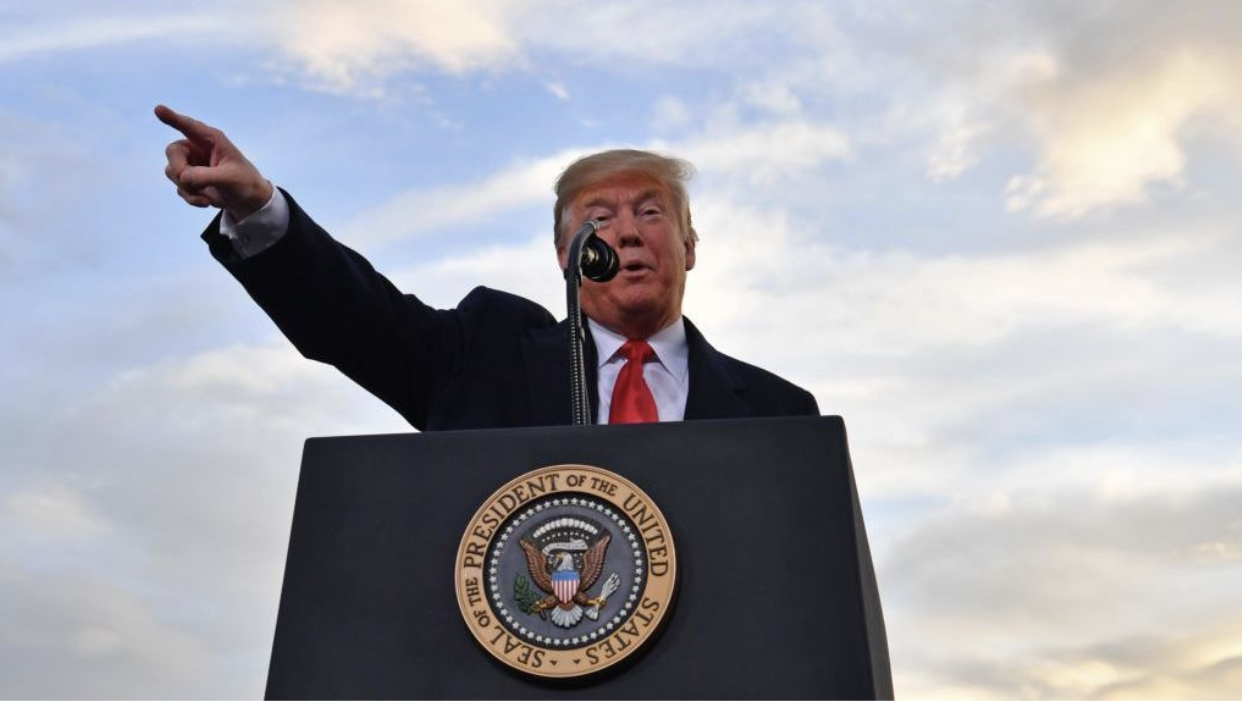Photo via NPR
***
Hugo Chávez assumed the presidency in 1998, nationalizing significant amounts of Venezuela’s vast oil reserves, which, combined with soaring crude prices, enabled the Venezuelan people to access subsidized products and services. The initiative helped reduce the country’s extreme poverty rate by 15 percentage points, alongside improvements in literacy, healthcare access, and social welfare programs.
The state-owned Petróleos de Venezuela S.A. oil corporation was primarily responsible for funding these initiatives; however, PDVSA slowly became marred by corrupt dysfunction. This dysfunction was heightened by Chávez, who replaced experienced technocrats with loyalists, yearning to divert oil revenue to populist programs. Additionally, Chávez increased Venezuela’s reliance on oil exports, which accounted for approximately 98 percent of all exports in 2013, up from around 71 percent in 1998.
Venezuela, therefore, placed an overwhelming amount of trust on oil prices remaining high, leaving its economy nakedly vulnerable if oil prices dropped, which is precisely what happened. The precipitous drop in oil prices coincided with Nicolás Maduro’s taking over as Vice President in the wake of Chávez’s death in March 2013.
Maduro printed large amounts of money to combat the economic crisis he had inherited. Maduro’s solution, however, created a two-currency system, where the U.S. dollar was the top currency, driving Venezuela into hyperinflation. The worsening economy led to large-scale anti-government protests in 2014, galvanizing enough opposition for Maduro to lose the National Assembly, marking the first time the opposition had won in 20 years.
Nonetheless, Maduro continued onward to his march to absolute power. He was reelected in May 2018 to a second six-year term in an election that was internationally denounced as corrupt and unethical, with countries like the United States, Canada, and the majority of the European Union recognizing Maduro’s presidency as illegitimate.
Since the 2018 elections, Maduro has gradually consolidated power, making Venezuela an increasingly authoritarian state. Maduro employed the Supreme Court, which was packed with loyalists, to redraw the National Assembly, effectively neutralizing the opposition. His government additionally strengthened its hold over the military, courts, and electoral council, ensuring its domination despite countless accusations of persecution and fraud.
Then, Donald Trump is elected president in the 2024 U.S. Presidential Election. Reinvigorated with a fervent ambition and intensity to reassert American dominance over the world, reminiscent of hardline Cold War policy.
In Trump’s first presidential term, Maduro was charged with leading the Cartel de los Soles, a loose criminal network tied to senior Venezuelan officials who have allegedly profited from drug trafficking and extortion. Therefore, it should come as no surprise that President Donald Trump has resurrected his campaign of “maximum pressure” against Venezuela, claiming that the nation is smuggling enormous quantities of cocaine into the U.S.
This belief resulted in the Trump administration designating the Tren de Aragua gang and the Cartel de los Soles as Foreign Terrorist Organizations, a significant escalation. Trump then signed a covert order in August 2025, allowing the Pentagon to employ military force against specific drug gangs in Latin America. Alleging the Venezuelan leader’s direct involvement in smuggling, the U.S. has also increased the U.S. bounty on Maduro to $50 million.
Shortly afterward, the United States deployed a fleet of naval warships carrying more than 4,500 sailors and Marines toward the waters of Venezuela, signaling a sharp escalation in Washington’s pressure campaign against the Maduro regime.
The deployment was a symbolic show of force by the United States, until, on September 2nd, President Trump announced that 11 people had been killed after the U.S. military hit what he said was a Tren de Aragua boat that was smuggling cocaine into the country. The strike, which was conducted solely by the Navy without the Coast Guard, represented a significant escalation in U.S. engagement and generated controversy regarding its legality, as deadly force is typically only permitted in maritime law enforcement operations when there is an immediate threat.
In response, Secretary of State Marco Rubio has said, “If you are on a boat full of cocaine or fentanyl headed to the United States, you are an immediate threat to the United States,” further stating that the Trump Administration is going to “eliminate imminent threats to the United States.”
Since then, the United States has conducted an additional three strikes against what are presumed to be vessels trafficking drugs to the United States under the Maduro regime.
The morality of the U.S. strikes has been questioned by some, citing the use of deadly force against suspected traffickers without due process as problematic. Trump, ignoring the doubts entirely, is setting a new precedent for executive action in foreign policy with his assertive, unilateral method.
However, the question of Trump’s approach must be rooted in the context of Maduro’s corruption in his consolidation of power along with Venezuela’s sprouting relationship with the Russia, Iran, and China coalition, the direct adversary to the United States-driven West. This creates a complex dynamic in which U.S. pressure confronts an already repressive government, raising questions about the ethics of international policy.
***
This article was edited by Colin Mitchell and Isabella Valentino.
